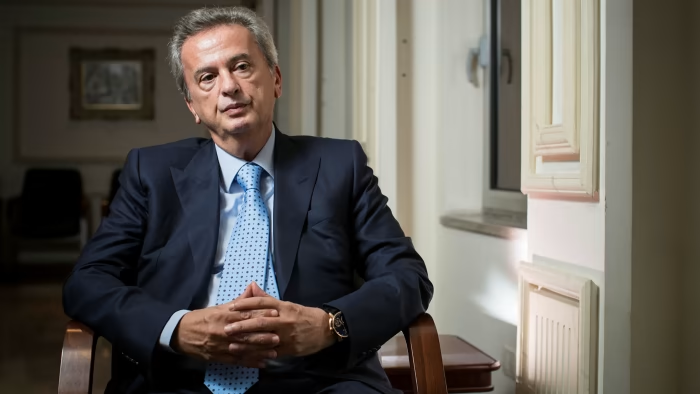Geneva, Switzerland – HSBC Private Bank (Suisse) is facing serious accusations of overlooking major red flags in transactions linked to Raja Salameh, brother of Lebanon’s former central bank governor, Riad Salameh. Over the course of more than a decade, suspicious flows totaling over $330 million reportedly moved through an HSBC Geneva account tied to an offshore company — all while internal concerns were repeatedly ignored.
Red Flags Dismissed
According to the Swiss NGO Public Eye, between 2002 and 2015, hundreds of millions of dollars were transferred from Banque du Liban (BDL) to Forry Associates, a shell company controlled by Raja Salameh. The company, now at the center of judicial investigations, was allegedly used to embezzle public funds and finance high-end real estate abroad.
Despite the obvious risks, HSBC’s compliance officers raised concerns multiple times. They noted a clear lack of transparency in Forry’s operations and flagged the account as high-risk. Yet, instead of acting on these warnings, HSBC senior management overruled them, allegedly under pressure to maintain the business relationship.
“A Man of Morality”
Internal documents reveal that a representative of Raja Salameh defended the account, calling him a man of “morality” and insisting that the concerns raised were “inappropriate.” HSBC reportedly accepted this explanation, allowing the transactions to proceed unchecked.
According to Public Eye, Sobhi Tabbara, Raja Salameh’s relationship manager at HSBC and a long-time acquaintance, played a key role in keeping the account open. Tabbara consistently described Forry as a legitimate broker, despite mounting evidence that the company had no staff, no office, and provided no real services to the central bank.
A Questionable Letter from the Central Bank
In 2009, Tabbara presented a document from Banque du Liban stating that Forry’s commissions were approved by the board. This letter was used to justify the continued banking relationship. However, according to investigators, the BDL board had never seen or approved the contract — it was reportedly arranged in complete secrecy by a small inner circle.
An internal HSBC probe launched in 2015 concluded that the bank could not confirm Raja Salameh as the account’s beneficial owner, raising even more doubts. Judicial authorities later uncovered a global money-laundering scheme in which these funds were allegedly used to build a luxury real estate portfolio for Riad Salameh and his network.
FINMA Sanctions HSBC
In June 2024, Switzerland’s financial watchdog, FINMA, ruled that HSBC had “seriously breached its due diligence obligations” in relation to politically exposed persons. The bank is now prohibited from opening new business relationships with PEPs (politically exposed persons) until further reforms are implemented.
According to FINMA, the case illustrates systemic weaknesses in how private banks operate — particularly when the clients are powerful figures from fragile or unstable economies.
Why This Matters
Lebanon continues to suffer from one of the worst financial collapses in modern history. As citizens lose access to savings and basic public services, international investigators are uncovering how billions in public funds were misappropriated — often with the help of global financial institutions.
HSBC’s alleged failure to act is more than a compliance issue. It highlights how global banks have enabled elite networks to move wealth across borders, even as millions in Lebanon face economic despair.


